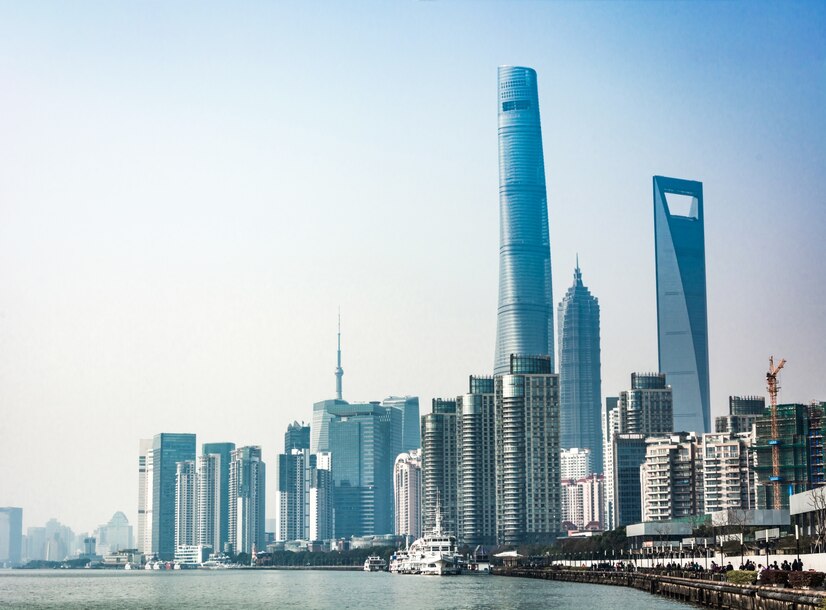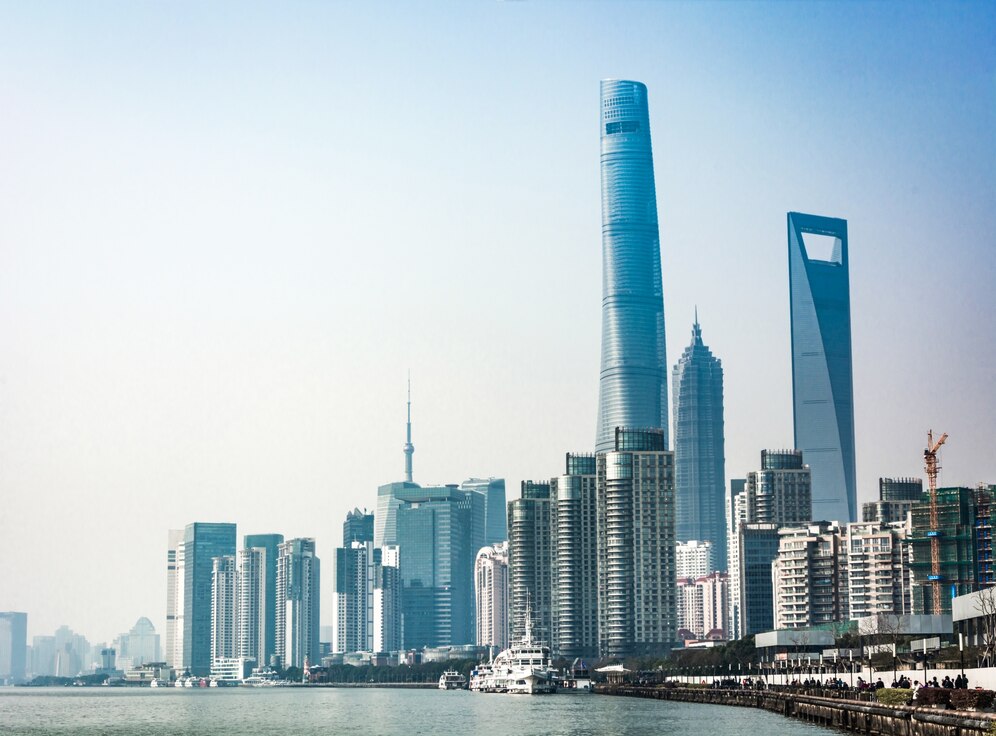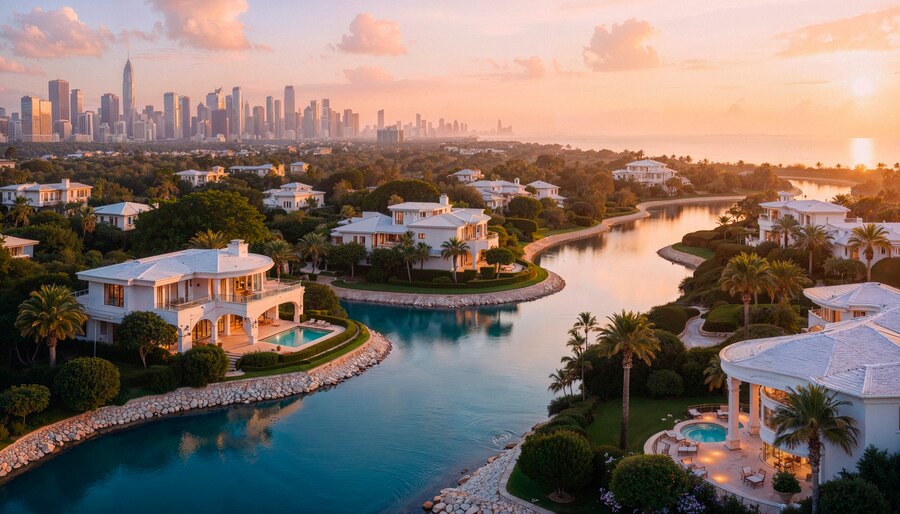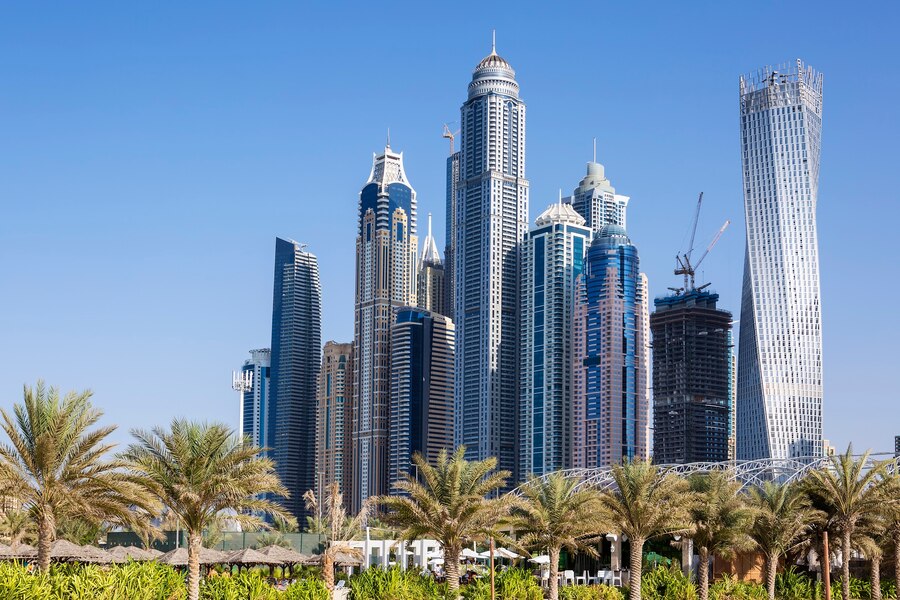The Dubai real estate market has undergone an extraordinary transformation over the last many decades, evolving from a modest regional market to a global hub for investment, innovation, and luxury living. Once reliant on oil revenues, Dubai’s leaders had the foresight to diversify the economy, and real estate quickly became one of the most important pillars of the Emirate’s development strategy. Today,
real estate in Dubai is synonymous with architectural marvels, world-class infrastructure, and a diverse portfolio of properties catering to both residents and international investors.
The journey hasn’t been without challenges. Like any dynamic market, Dubai has seen highs and lows, booms and corrections. However, it is the resilience, adaptability, and vision of the Emirate that have shaped what we now recognize as one of the most popular property markets in the world. From traditional housing to smart communities and luxury skyscrapers, the evolution of real estate property in Dubai tells the story of a city that dares to dream big—and consistently delivers.
Modest Beginnings
In the 1970s and 1980s, Dubai was just beginning to realize its potential. While oil wealth had begun to flow into the region, the leadership of the UAE understood that diversification was vital. As infrastructure projects began to take shape, so too did the residential and commercial landscapes. During these decades, most properties were government-owned or leased. Foreign ownership was nearly non-existent, limiting outside investment and slowing the pace of development.
The first major shift came in the early 2000s with the introduction of freehold ownership laws, allowing foreign nationals to purchase property in specific areas. This strategic decision by the government opened the floodgates for global interest. It wasn’t just a legislative change—it was a declaration to the world that Dubai was open for business. Soon after, renowned developers like Emaar and Nakheel began to emerge, setting the tone for innovation that would become synonymous with real estate in Dubai.
The Real Estate Boom
The period between 2002 and 2008 is often referred to as the “real estate boom” in Dubai. This era saw the rise of some of the most iconic developments in the world—The Palm Jumeirah, Burj Khalifa, Dubai Marina, and Downtown Dubai. With its tax-free income, investor-friendly policies, and a robust regulatory framework taking shape, Dubai attracted high-net-worth individuals, expatriates, and large corporations.
The influx of foreign investment fuelled construction frenzy. Real estate companies in Dubai grew in number and scale, each competing to provide more luxurious, more advanced, and more strategically located developments. Dubai properties for sale became an asset class in themselves, often commanding premium prices due to the prestige and potential return on investment they carried.
However, the global financial crisis of 2008 brought a sharp correction. Prices plummeted, projects were halted, and the market entered a phase of re-evaluation. But even then, Dubai showcased its resilience. By introducing regulatory bodies like RERA, boosting transparency, and establishing escrow accounts for project financing, the Emirate restructured the sector to ensure future stability.
Recovery
Post-2010, Dubai entered a new phase characterized by maturity and smarter growth strategies. Developers focused not just on luxury and ambition but on sustainable development, community living, and technological integration. Areas such as Jumeirah Village Circle, Dubai Silicon Oasis, and Dubai Hills Estate reflect this shift—providing integrated communities with schools, parks, healthcare, and retail in close proximity.
The market also became more diverse, catering to a wide range of investors and end-users. While premium real estate remained strong, there was a marked increase in mid-income housing developments, flexible payment plans, and rent-to-own schemes. This inclusivity widened the buyer base and helped balance demand across different segments.
Dubai’s preparation for major events like Expo 2020 also played a crucial role in revitalizing the market. Massive investments in infrastructure, tourism, and urban planning attracted global attention and reinforced Dubai’s position as a safe, modern, and futuristic destination to live and invest in.
The Rise of Technology in Real Estate
One of the important features of the recent evolution of Dubai’s real estate sector has been the embrace of technology and sustainable development practices. From virtual tours and AI-based property management systems to blockchain-based property transactions, real estate companies in Dubai have incorporated innovation to enhance transparency, efficiency, and customer experience.
Sustainability has also become a central focus. Green building certifications, energy-efficient designs, and smart city concepts are now embedded in many new developments. Dubai’s 2040 Urban Master Plan clearly outlines the vision for a green, connected, and inclusive city that places people and the environment at its heart.
Also, digital platforms have simplified property searches, making it convenient than ever for investors to explore Dubai properties for sale online. Whether you’re searching for waterfront apartments, commercial hubs, or family-friendly communities, the best real estate companies in Dubai are leveraging tech to deliver seamless buying, selling, and leasing experiences.
Dubai Real Estate Today
Even in the face of global economic uncertainty, the real estate market in Dubai has exhibited impressive resilience. During the COVID-19 pandemic, while many markets faltered, Dubai was among the first to rebound. Thanks to proactive government measures, high vaccination rates, visa reforms, and an overall safe and stable environment, Dubai became a top destination for global investors seeking long-term returns.
New visa laws—including the Golden Visa program and the remote working visa—have further boosted demand for residential properties. These initiatives have encouraged both investors and expatriates to consider Dubai as a long-term home rather than a transient opportunity.
Real estate industry in Dubai continues to attract attention for its diverse offerings, world-class infrastructure, and high ROI potential. With off-plan projects surging and ready properties witnessing strong demand, Dubai remains a top destination for capital and lifestyle seekers alike.
Conclusion
The evolution of real estate in Dubai is a powerful testament to what visionary leadership, innovative policy-making, and bold ambition can achieve. From desert dunes to skyline-defining towers, the journey has been transformative—building a market that is now globally recognized for its scale, sophistication, and potential.
For buyers, investors, and developers, Dubai provides more than just real estate—it offers opportunity, lifestyle, and security. Whether you’re looking to invest, relocate, or expand your business footprint, the market is brimming with possibilities.
If you’re considering investing in Dubai properties for sale or exploring strategic opportunities in this vibrant market, now is the perfect time. Partner with Pucca Properties, one of the
best real estate companies in Dubai to gain expert insights, personalized guidance, and access to premium listings tailored to your goals. Contact our team today and let’s unlock the future of real estate—together.




